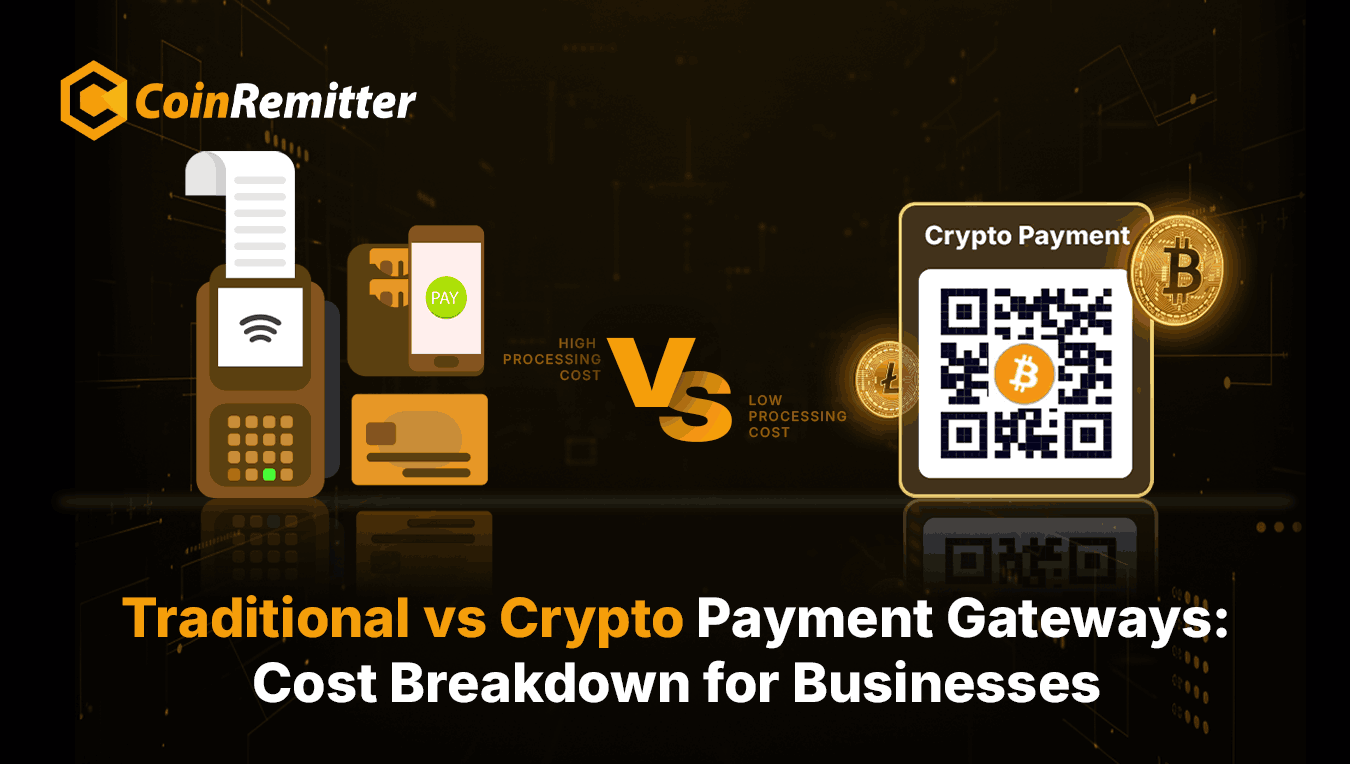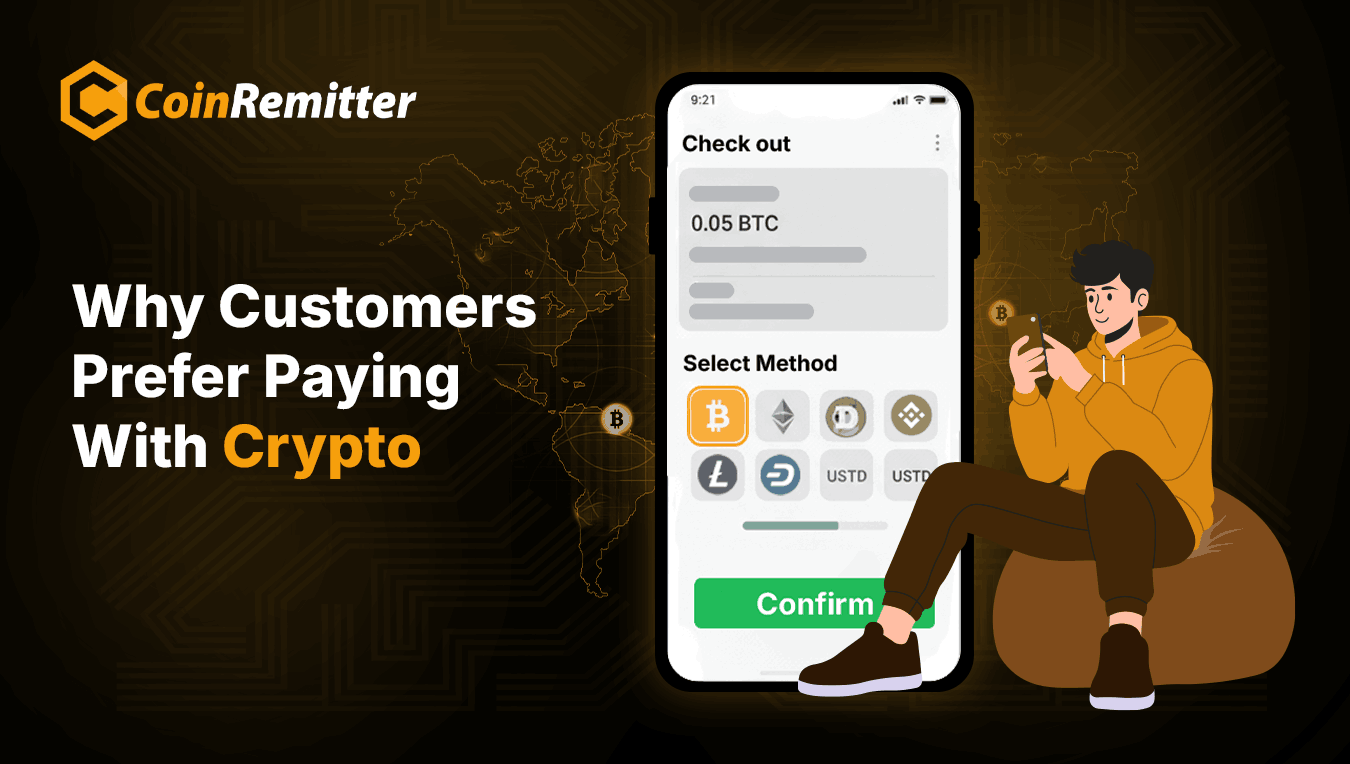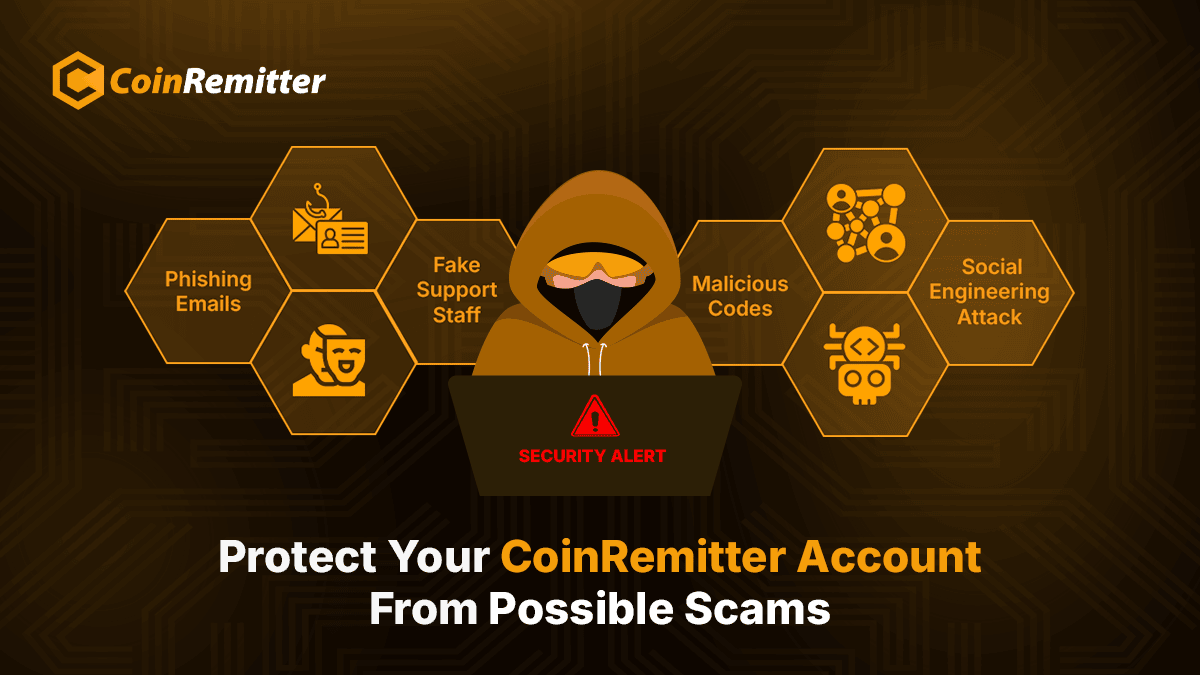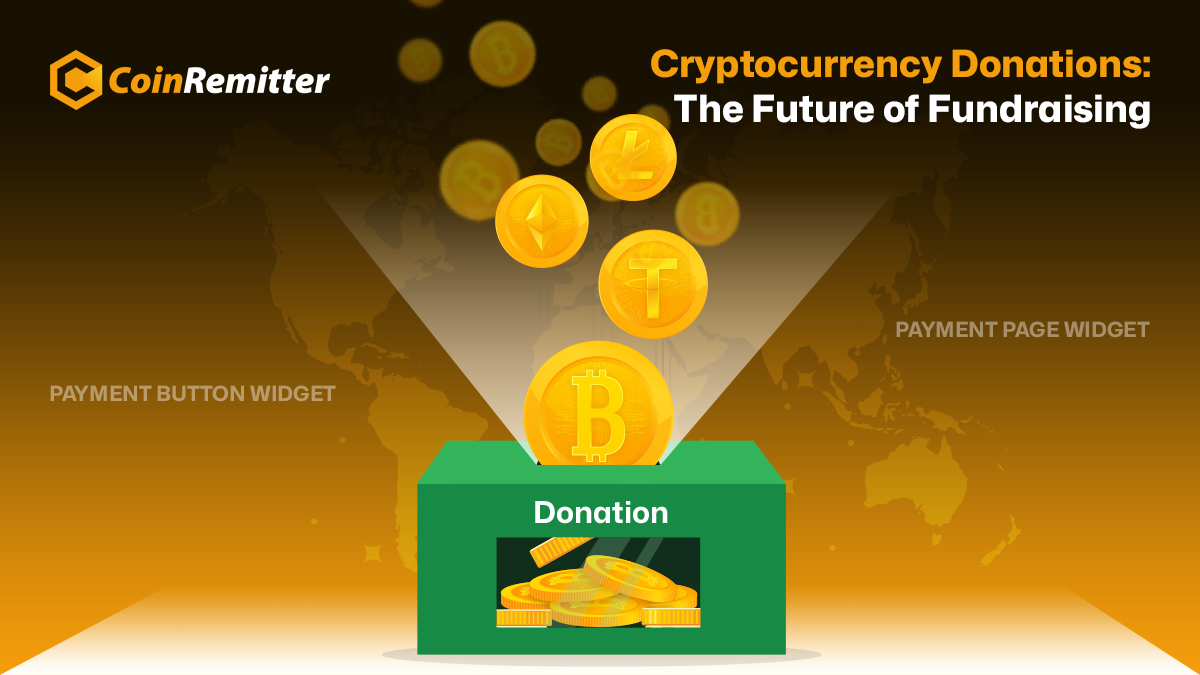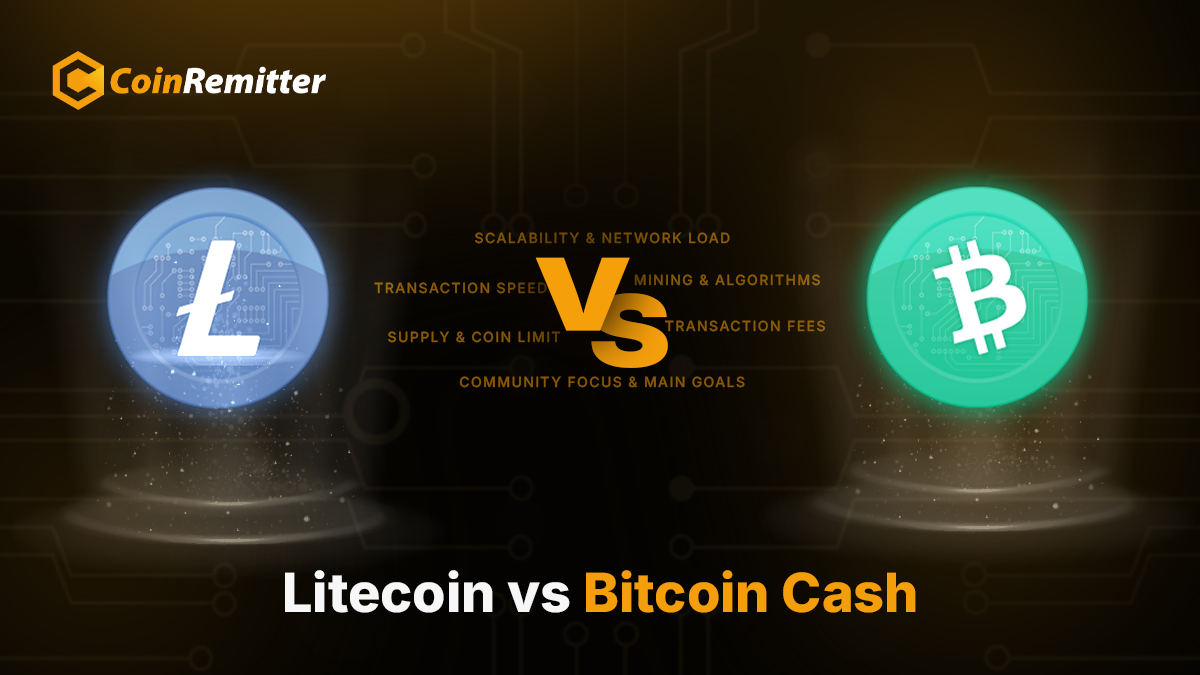Why is My Bitcoin Transaction Not Confirmed Yet?
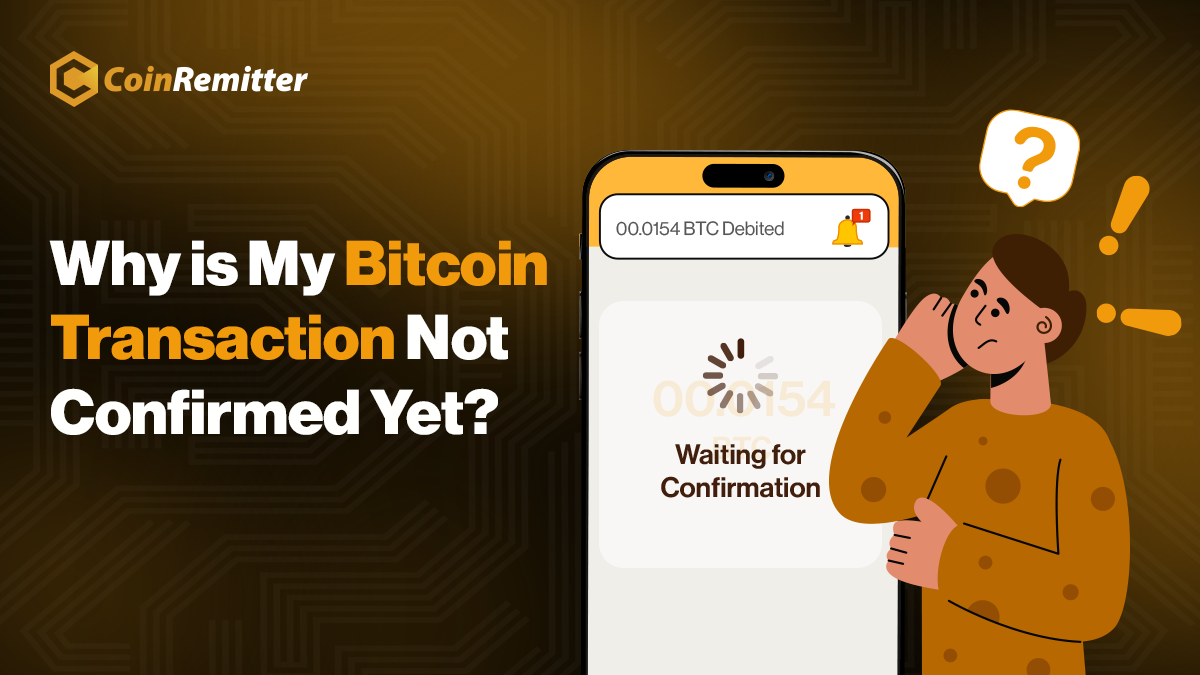
An initiated Bitcoin transaction is yet to be confirmed. Is it a thing to worry? Not at all. Just like other crypto payments, Bitcoin requires miners to verify transactions before considering them to be settled. Sometimes, this process may be time-consuming. The reason for delayed Bitcoin transactions may hover around this, let’s check some common reasons.
Some Most Common Reasons
Network Congestion
High activity can make Bitcoin’s network congested. This is not just the case with Bitcoin, this can be seen in any network while making crypto payments. The average number of Bitcoin transactions per block falls to around 2000. Sometimes, miners can be unable to handle a higher number of transactions per block than this, which might make your transaction wait in a queue, ending up with an extended confirmation time (a few minutes to hours).
Lower Transaction Fee
One must be thinking about how this can be a con. But this may be a con, especially when the network is congested. Bitcoin transaction fees keep fluctuating and they’re measured in sat/vB (Satoshi per virtual byte).
You can check if you’re paying fewer transaction fees by following the steps shown below:
– Go to https://mempool.space/
– Find your transaction details by entering the transaction ID or hash in the search bar.
– Look for the average transaction fee and compare it with the transaction fee paid by you.
Key takeaway: For example, the average running transaction fee of the respective block is 20 sat/vB. Consider that transactions paying transaction fees quite lower than this may face slower confirmations compared to ones paying transaction fees nearly equal to or higher than the average block fee.
Public Events
Some events like increased Bitcoin demand and geopolitical events can lead to a higher volume of transactions, which may cause network congestion, resulting in slower transactions. A drop in the hash rate (the computing power dedicated to mining) can take miners longer to verify transactions. The creation of hard forks because of disagreements within the Bitcoin community is also responsible for slow Bitcoin transactions.
[Also Read: Know Everything About Bitcoin Halving, Its Impact, and Importance in Brief]
Some Less Common Reasons
Blockchain Reorganization: Sometimes due to factors like network latency, two miners unknowingly create two valid blocks at the same time while verifying Bitcoin transactions and adding them to new blocks. This extends the main chain. The network discards the shorter chain and chooses the longer one, which is known as reorganization (reorg).
Transactions stuck in the shorter (discarded) chain become orphaned. Such orphaned transactions get temporarily invalidated and they need to be resubmitted to the mempool (waiting area for unconfirmed transactions), which may cause a delay in Bitcoin transactions. Reorgs may also cause some level of uncertainty regarding confirmations, which may lead to slower transaction processing for the merchants who accept crypto payments.
Dusting Attack: Some malicious actors may try to make micropayments with minimal transaction fees. This causes network congestion and disrupts ongoing regular transactions. Bitcoin transactions stuck in such attacks may face delayed confirmations.
Unconfirmed Parent Transactions: A parent transaction is a term for a transaction upon which another transaction depends. If the processing transaction depends upon an unconfirmed parent transaction, it will be confirmed only after the confirmation of the parent transaction.
What Can You Do?
- Check if your Bitcoin wallet supports the Replace By Fee feature. If it supports RBF and your transaction is still unconfirmed, you can initiate a new transaction of the same amount, but with higher fees. In response, miners may recognize the RBF flag and prioritize the new transaction by replacing the original one.
- Ask the support team of your wallet provider if there is any issue from their side.
- Ask your wallet provider if they can speed up your transaction.
- Use Bitcoin transaction accelerators. You can browse some transaction accelerators by searching the web. They charge some However, there is no guarantee that they can always bump up the transaction speed.
- Use the CPFP technique to create a child Bitcoin transaction with a higher fee that spends the output (funds) from the stuck parent transaction. Higher incentives may attract miners to confirm the transaction faster. Miners need to confirm the parent transaction before confirming the child transaction.
Coinremitter’s Approach in Such Matters as a Crypto Payment Gateway
There is no history of lost funds on Coinremitter. However, the team performs regular security audits and quality checks to avoid such issues. If the transaction doesn’t get confirmed because of the issues shown above, you may wait till the issue gets fixed.
In case there is an internal issue like server outage or website outage, Coinremitter’s support team effectively communicates with merchants, finds the error causing this issue, and tries to resolve it without causing any loss.
Those who are accepting payments with Coinremitter’s crypto payment gateway are advised to keep withdrawing their funds regularly (use the auto-withdrawal feature) to avoid pending transactions caused by such errors.
Over 38,000 merchants are using CoinRemitter
Join them now